
Noseband Tightness Study: The Two-Finger Rule Is Just About Right
Researchers found zero-finger tightness equaled 10 times the tightness of a human limb tourniquet.

Researchers found zero-finger tightness equaled 10 times the tightness of a human limb tourniquet.

Have you tried incorporating clicker training into your horse training? Stephanie shares how clicker training exercises are helping strengthen both her OTTB’s core and their communication on the ground.

And what difference would it make to the horse if he wins or loses? An equine behaviorist weighs in.

British researchers investigated spur use in riders. Here’s what they found.

What might cause a young male donkey to suddenly split from the herd? An equine behaviorist offers insight.
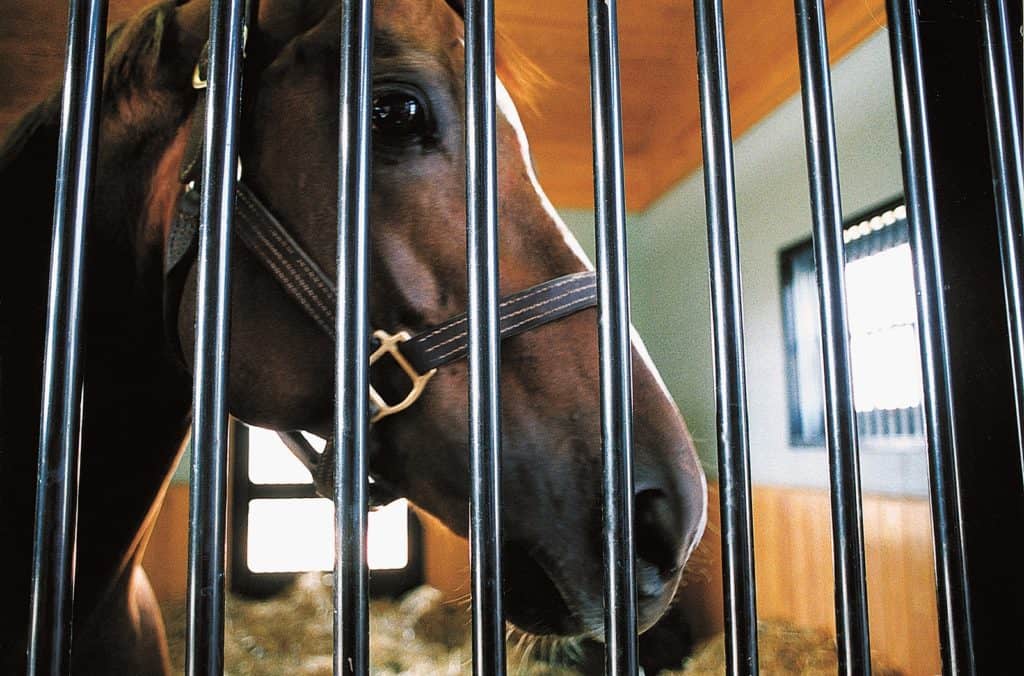
French researchers found that horses stalled with enrichments, such as forage, windows, and toys, still exhibited signs of stress and depression associated with confinement.

Researchers found that horses can teach themselves to open a variety of locks and latches.
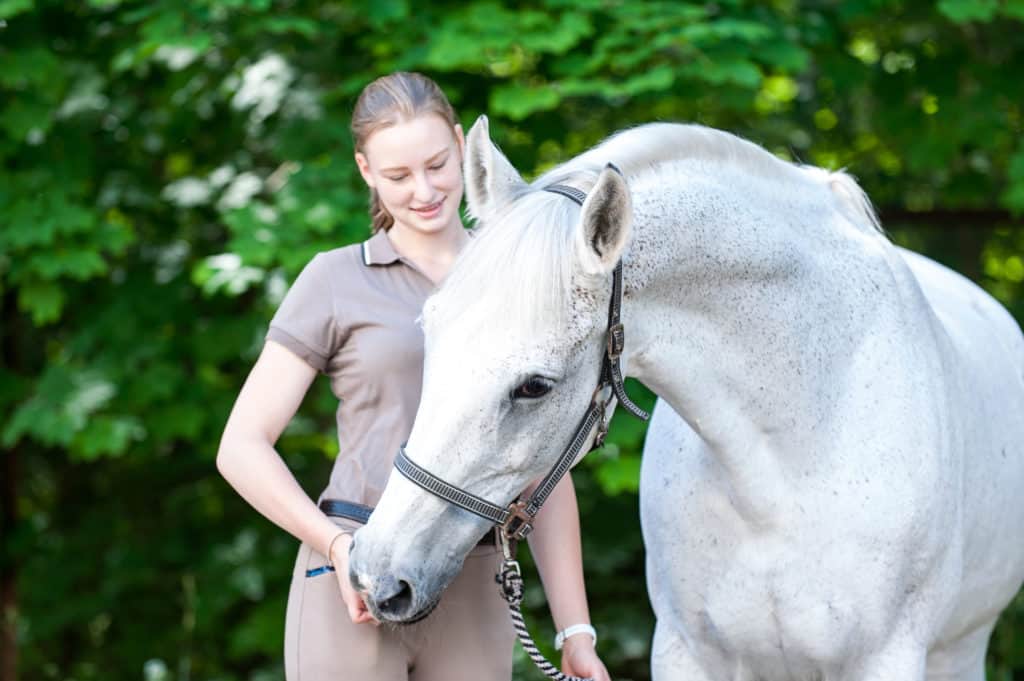
A zooarchaeologist presented a brief history of how horses and humans have coexisted and interacted over the the millennia at the International Society of Equitation Science convention.

Some horses readily express their discomfort. Others are quieter. Learn to look for subtle signs of pain in your horse.

Scientists and handlers use a large range of methods and opinions when interpreting equine behavior. A researcher from New Zealand calls for a standard.
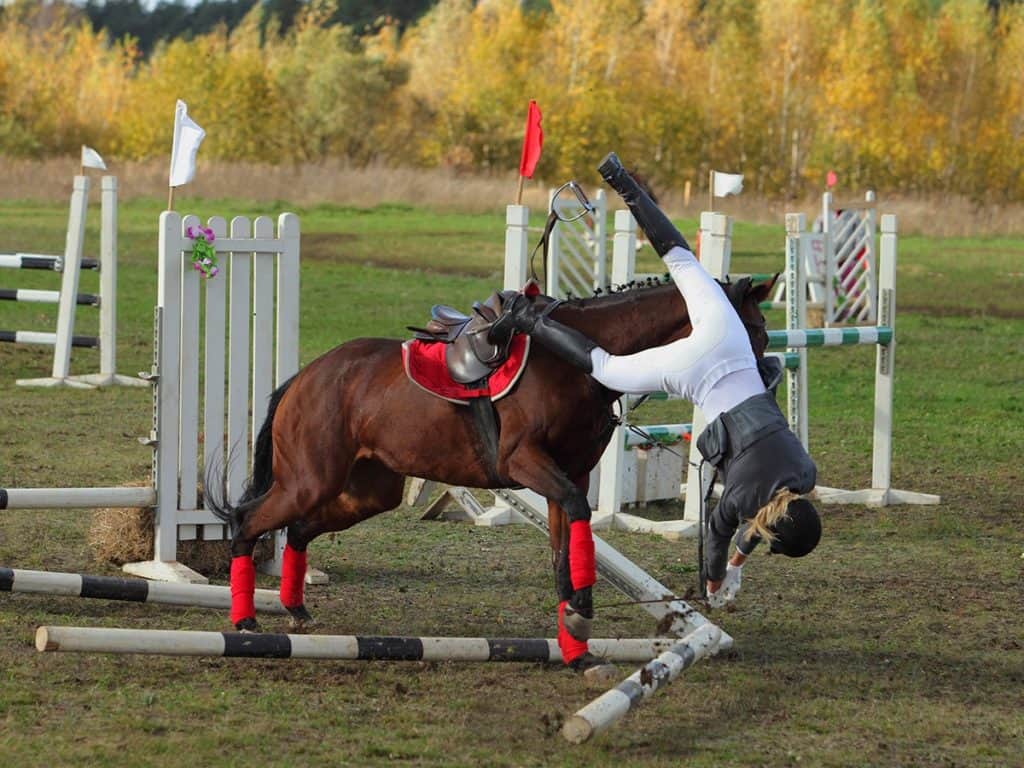
“X days since last accident.” It’s a sign hanging at almost every high-risk industry site. Except, it seems, equestrian industry facilities. A researcher looks at why.

Temperament testing by a Brazilian research team found horses were more reactive with poorly matched riders, and a long-term riding relationship between horse and human didn’t guarantee a better outcome.
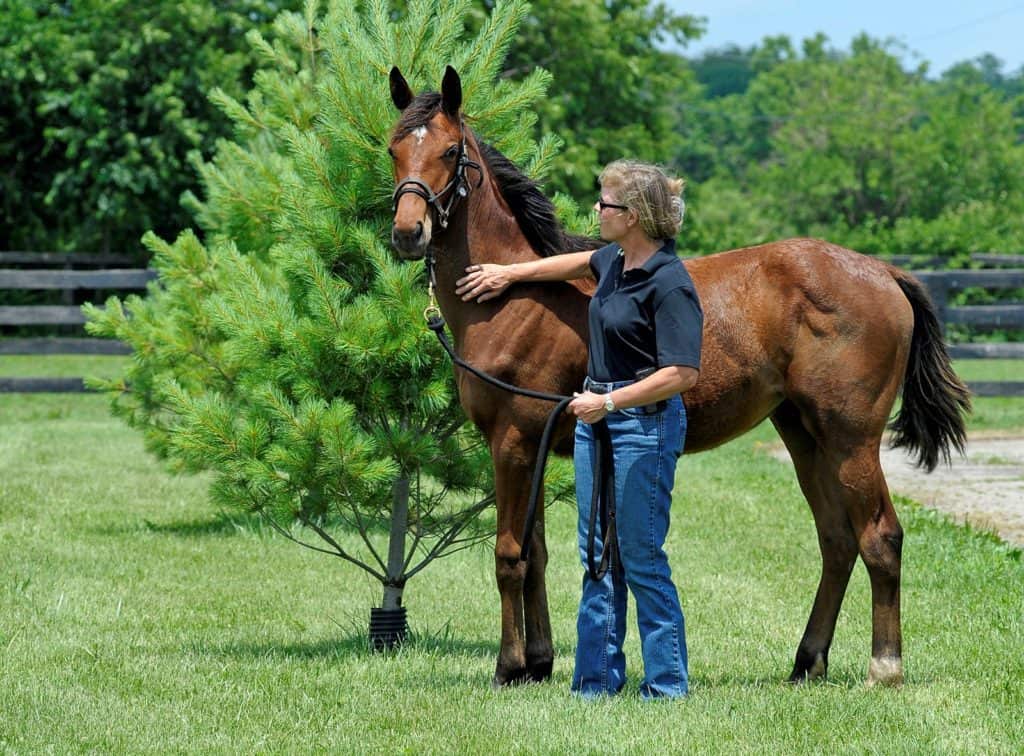
Dr. Nancy Diehl shares how you can earn your horse’s respect through consistent training with both positive and negative reinforcement.
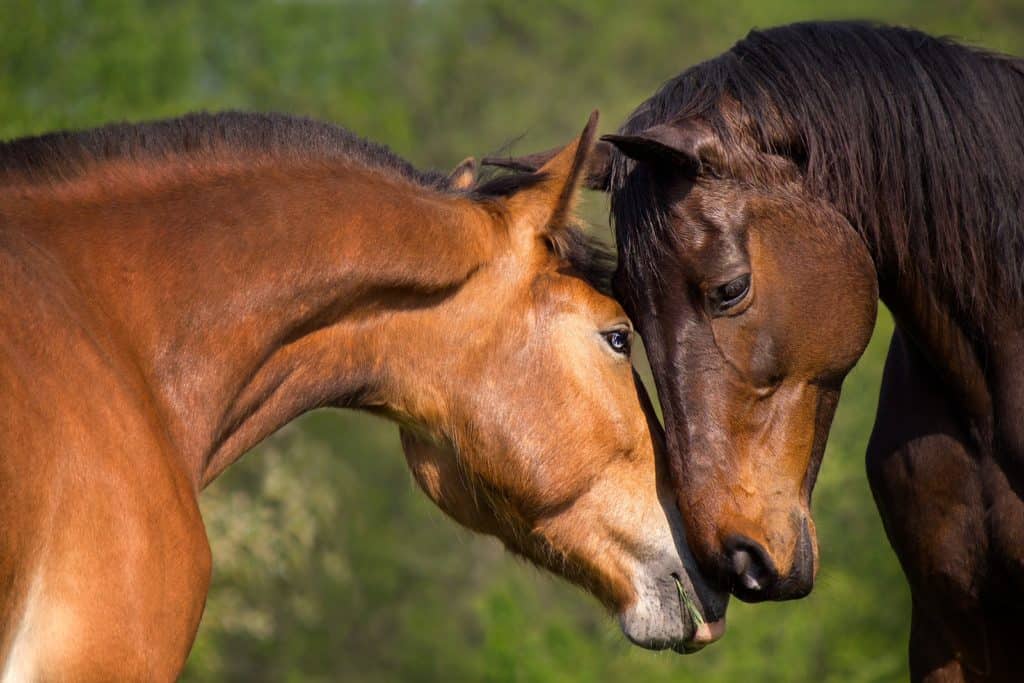
An equine behavior expert and veterinarian shares recommendations for introducing horses that will live together.

More than four hours without feed is fasting for a horse and can lead to issues. The solution for evening feeding? Slow feeders extended nighttime “grazing” time by 95-105%, researchers observed.

A researcher found horses given the supplement startled less.
Stay on top of the most recent Horse Health news with
"*" indicates required fields